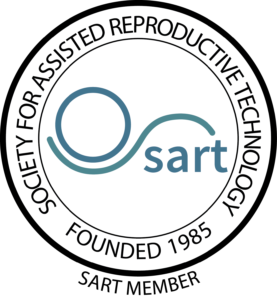Fertility treatment success rates for IVF, FET and donor IVF cycles in our Tennessee fertility center
Nashville Fertility Center has consistently met or exceeded national SART averages for live birth rates and over 3300 babies have been born as a result of our IVF program. Our results are reviewed by the Quality Assurance program at Nashville Fertility Center on a quarterly basis, and we have always reported our success rates to the Society for Assisted Reproductive Technology, SART and the Centers for Disease Control, CDC.
We have maintained excellent pregnancy rates by staying on the forefront of clinical and laboratory improvements that are always taking place in ART.
Our yearly pregnancy success rates are published by SART & the Centers for Disease Control, CDC
Our official IVF pregnancy and delivery rates for IVF cycles (patients using their own eggs), FET cycles (frozen-thawed patient embryos), and donor egg cycles (fresh cycles and FET cycles using donor eggs) are published by SART and the CDC yearly.
Why are reported success rates more than two years old?
Results take almost 3 years to be released to the public.
The first year, the IVF cycle is completed. In the second year, the delivery of the baby occurs and that information is reported by the parents to the IVF center. They then report their statistics to SART and CDC who compile the nationwide data and release the information in the third year.
One must remember that it is extremely difficult to compare pregnancy rates between programs because so many variables determine whether a patient becomes pregnant or not.
Some of these factors include:
- the age of the patient
- the status of her ovarian function
- her reason for infertility
- any factors that her partner might contribute
It is important to consider these factors as well as others in trying to determine an individual patient’s chance for success. For more information about important factors to consider when assessing a center’s success rates see our Clinic Summary Report by the Society for Assisted Reproductive Technologies (SART).







